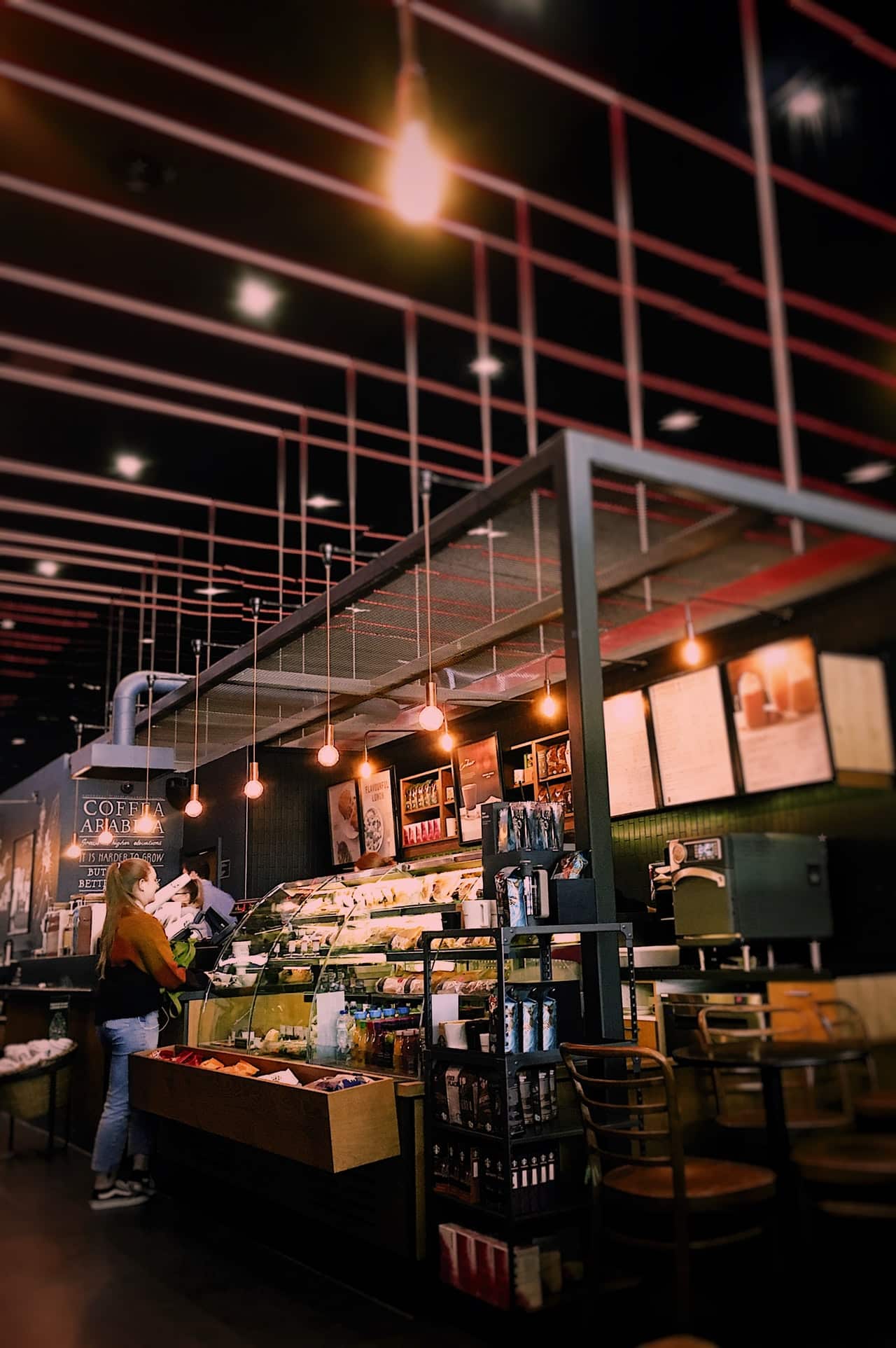POS means “Point of Sale.” A POS terminal is a system that is used to conduct sales at the brick and mortar retail stores. A POS terminal has simplified the billing and returns. POS terminals have also made it easier for your customers to place and track their orders and bills. POS systems can also be integrated with accounting apps, ERP systems, and warehouse systems.
A retail POS terminal is able to handle sales, billing, reporting, internet tracking, customer data management, and inventory management. A terminal POS also includes barcode scanners, credit card readers, display screens, and cash drawers. They are mostly used in retail businesses such as grocery stores, boutiques, salons, electronic stores, and restaurants. This article elaborates on what is important in a POS terminal for your business.
IMAGE: PEXELS
Billing And Order Processing
The basic function of a POS terminal is the billing and order processing. It should enable you to process orders and bills quickly by scanning items and accepting different payment methods. A terminal POS has a monitor that generates order invoices and prints the invoice through the integrated printer. The invoice also includes any offered discounts, salesman’s name, customer details, and additional remarks.
Inventory And Stock Management
Another important feature your POS terminal system must have is the inventory and stock management system. The system should provide complete data on sold and available inventory. The system should provide a lot-wise view of inventory and should enable you to make stock adjustments.
The essence of the inventory management function is to keep track of all your products so that you know when you need to restock your inventory. It also enables you to categorize your inventory using a unique serial number to identify the pieces of inventory. You can also track inventory levels across multiple stores with the help of the POS system.
Customer Relationship Management
A POS system should also have a customer relationship management (CRM) feature to keep track of all the customer data. The POS system feature records the purchase history and stores customer data.
This data is highly useful as it provides insights on which customer is more interested in your products and discount offers. CRM systems also allow you to track the purchase history of a customer and record consumer-specific information such as name, age, phone number, email address, and birthday. More advanced POS may also have a built-in loyalty program.
Customer Facing Display
A POS terminal should have dual-screen, one facing the salesman and other facing the customer. Clientron Printer Embedded POS terminal comes with a secondary screen that offers customer-facing display so that they can watch the transaction happening on the screen.
Customer-facing displays allow a high level of transparency into the order and billing so that the customers can point out any mistakes in the order before it is placed. This feature is important in a POS terminal as it offers convenience and avoids customer complaints about any charges they didn’t know would be added, such as taxes or shipping.
Multiple Payment Methods
A modern POS system should allow your customers to pay through multiple payment methods, such as cash, credit, debit cards, and split payments, when a customer wants to purchase something that exceeds the balance available on the card. Therefore, a good POS terminal will enable you to accept payments through all possible methods, which also offers convenience to your customers. Moreover, your POS system should integrate the return policy, providing you flexible options for refunds.
If you are interested in even more business-related articles and information from us here at Bit Rebels, then we have a lot to choose from.


COMMENTS